Satellite Camps: What’s the Big Deal?

The ongoing, polarizing debate over satellite camps are 2016’s version of conference realignment. While grabbing headlines, providing talk radio with adversative SEC fodder, and filling message boards; I’m not sure the subject has been explained at a level that fully describes its significance. I began to dig into the issue in hopes of providing an understandable interpretation.
First, satellite camps provide college coaches the opportunity to travel from their campus to geographically dispersed locations where coaches can attend and work camps hosted by other institutions. The NCAA prohibits college football teams to officially host a camp outside a fifty-mile radius from campus. To further clarify with examples, Michigan moved its spring practice to Florida for a week. This is not considered a satellite camp; merely an off-site, spring practice location. However, a satellite camp by definition would entail Kentucky coaches being invited to and working a football camp located at Youngstown State University. Make sense? It’s not an official UK camp as YSU is the host institution. But, sticking with UK in this example; Wildcat coaches would be allowed to talk to, evaluate, and hands-on coach participants. In simpler terms, they’d be recruiting without the process being deemed an official “recruiting” event.
Prospective student-athletes pay a small fee to attend camps during which they showcase their talents in front of a centralized collection of evaluators. In most instances, satellite camps include coaches from the host school as well as multiple other programs. Prior to the latest NCAA ruling banning and then allowing these events, not all conferences were playing by the same set of rules. Unlike the Big 10, Big 12, and the somewhat confused Pac 12; the SEC and ACC did not allow their coaches to participate in off-campus camps. Here lies the major rub between conferences which in essence pits the north versus the south.
Ardently against satellite camp legalization, the SEC understandably wanted to protect its home turf. Not a lot of football programs are attending these happenings in Eau Claire, Wisconsin. Atlanta, Birmingham, Memphis, New Orleans, and all parts of Florida are considered prime locations due to their geographical and demographical density of elite football talent. For powerhouse programs such as Alabama and Florida, there’s not a great need to travel abroad to find five-star talent. But for Kentucky, Tennessee, Vanderbilt, Missouri and other like programs, off-site locations are essential.
So, hope that helps. Now for my two cents. I’m as SEC as they come. Heck, I still find it hard to believe that Arkansas and South Carolina are in the league. In my antique mind, Missouri and Texas A&M are aliens. But, I feel the Southeastern Conference was egotistic in its autocratic view on this matter. If by allowing satellite camps one prospect is offered and signs a scholarship that otherwise would not have played major college football, then the ruling was worth deliberation. A large portion of high school football players cannot afford to travel great distances to attend on-campus camps. I’m for, and will also be for the student athlete. If by chance the SEC loses a player or twenty in the process, so be it. Parity is healthy. Rightly, the gain is with the prospect. But there is another aspect to this discussion. Unfortunately, these camps can potentially widen the gap between the financial haves (Power 5) and have-nots (R.O.Y. conferences).
*R.O.Y. means, rest of y’all.
Furthermore, I’m more concerned with legislation allowing unlimited texting and direct messaging recruits more than the now simplistic, one day events. The recruiting cycle is out of control. Teenagers are not allowed to be, well teenagers. Constant media and recruiting bombardment as well as endless offseason travel takes a toll. I’m all for an early signing and increased dead periods that would allow college coaches more time away from the game as well as recruits. This is just the beginning. Sport specialization and the overabundance of summer camp’s secondary and tertiary effects won’t surface for a decade. Sure quality of play increases, but at what price? I’ve seen and experienced burn out, it’s not pretty. In regards to players and coaches, at some point in time enough has to be enough.
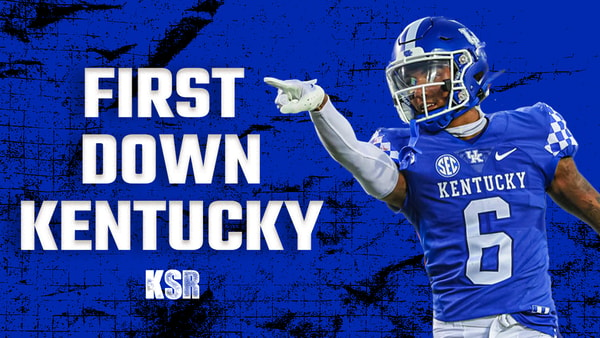
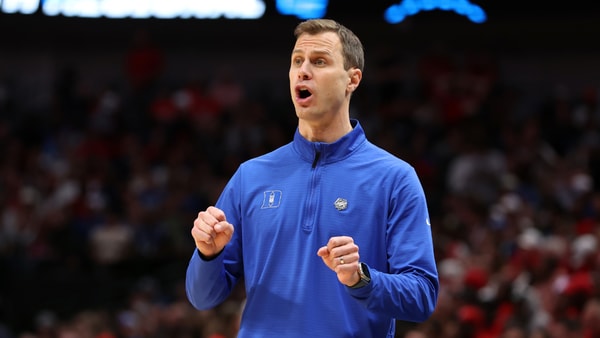
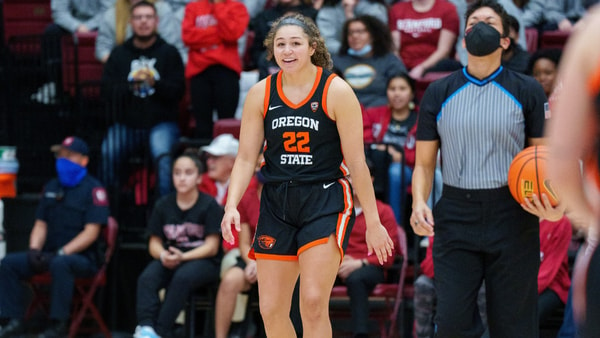

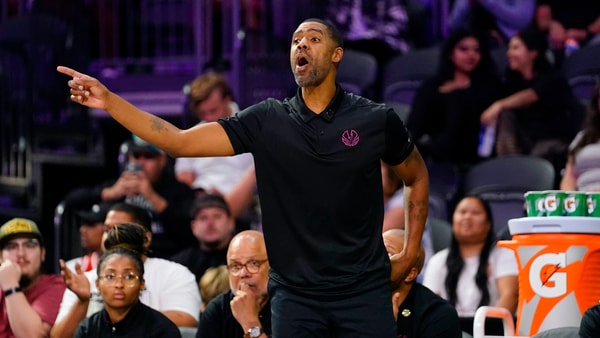

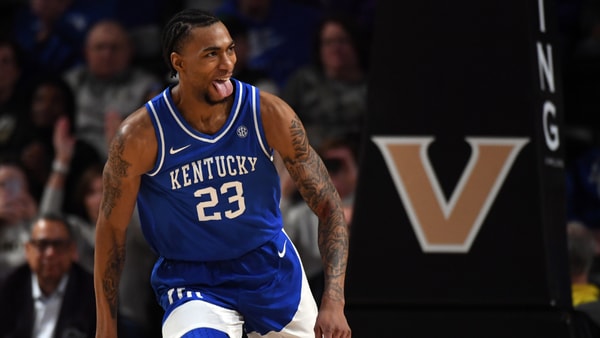

Discuss This Article
Comments have moved.
Join the conversation and talk about this article and all things Kentucky Sports in the new KSR Message Board.
KSBoard